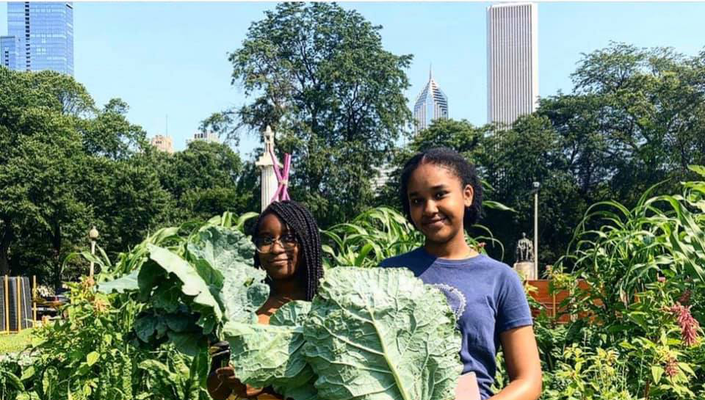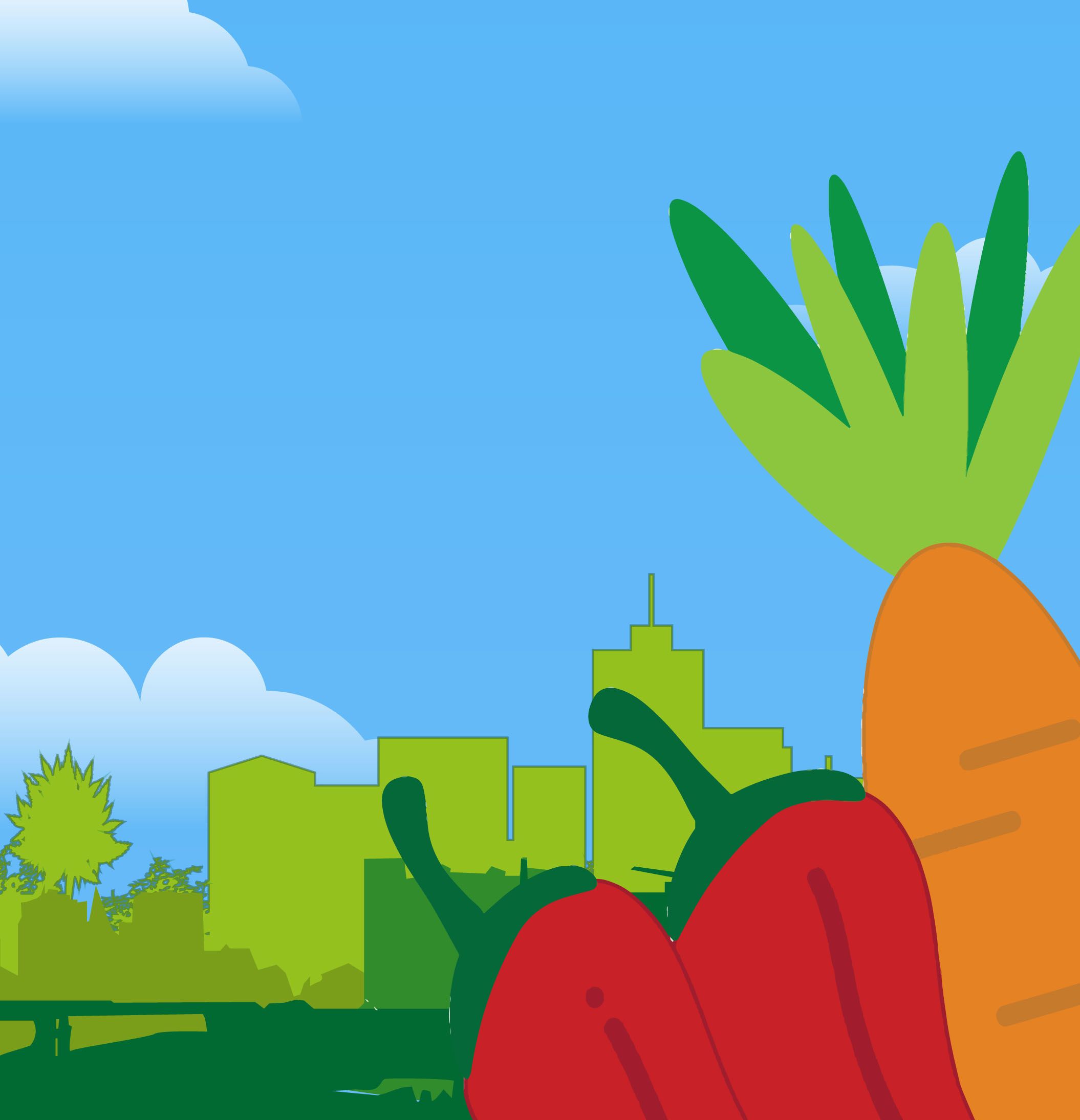
Are you interested in commercial
farming in the city? Or are you an urban planner or urban agriculture
advocate who wants to create better support for urban farms in your
city? The courses in this series titled,
The Promise of Urban Agriculture
are designed to help you understand the practices and policies that
support commercial urban farming. We use the term 'commercial' to
include any farm that sells products to support some or all of the
farm's activities.
This course, "Deciding Where to Farm in the City," covers creating a commercial urban farm with
community in mind, considerations when accessing urban land, and regulations affecting farming in cities.
Target Audience
Aspiring/Beginner – This course assumes that participants have some food production experience in either an urban or rural setting. Participants do not need to have land or
know what they will grow – but be interested exploring the factors to consider to establish a commercial urban farm.
Course Objectives
Upon completing "Deciding Where to Farm in the City," you will be able to:
- Identify the key physical, economic, and social factors to be included in urban farm site assessment and development.
- Recognize opportunities and constraints to urban land access for farming.
- Understand how the local regulatory and policy environment might impact urban agriculture activities.
Course Schedule
This course is self-paced and happens on your own time, with videos, readings, and assignments here in Teachable, our virtual classroom.
Your Instructor

Sheena Tesch is the Deputy Director of North Madison Programs at Rooted.
Yolanda Gonzalez is an Urban Agriculture Specialist with Cornell Cooperative Extension Harvest NY.
Anu Rangarajan, PhD, is the Cornell University State Fresh Market Vegetable Specialist and Director of the Cornell Small Farms Program.
The Promise of Urban Agriculture courses were created in fulfillment of a cooperative research agreement (20-TMMSD-NY-0005) between U.S. Department of Agriculture’s Agricultural Marketing Service (USDA AMS), Cornell University Small Farms Program, and Rooted WI, Inc. (dba Rooted). Its contents are solely the responsibility of the authors and do not necessarily represent the official views of the USDA.

Course Curriculum
-
StartIntroduction and Learning Objectives
-
StartUnderstanding Social Identities
-
StartAssignment 1: Exploring Your Social Identities Worksheet
-
StartAssignment 2: Social Identity Reflection Questions
-
StartMaking Community Connections
-
StartWhere You Are From Matters
-
StartBecoming an Urban Farmer
-
StartAssignment 3: Community Assets and Mapping Worksheet
-
StartCase Studies and Resources on Cultivating Community
-
StartCommercial Urban Farms as Social Enterprises
-
StartFarmer Perspectives on Social Enterprise
-
StartSupplementary Resources on Urban Farms as Social Enterprises
Frequently Asked Questions
Online Course Tiered Pricing
The Cornell Small Farms Program offers a tiered pricing model to provide greater access to our online courses. To determine your course enrollment cost, please consult the chart below, and honestly identify your current financial situation.
We
realize that not everyone is able to afford the price of our courses,
so we also offer a small number of scholarships each year to New York
State residents. To apply, please
read scholarship requirements and complete the application here.
